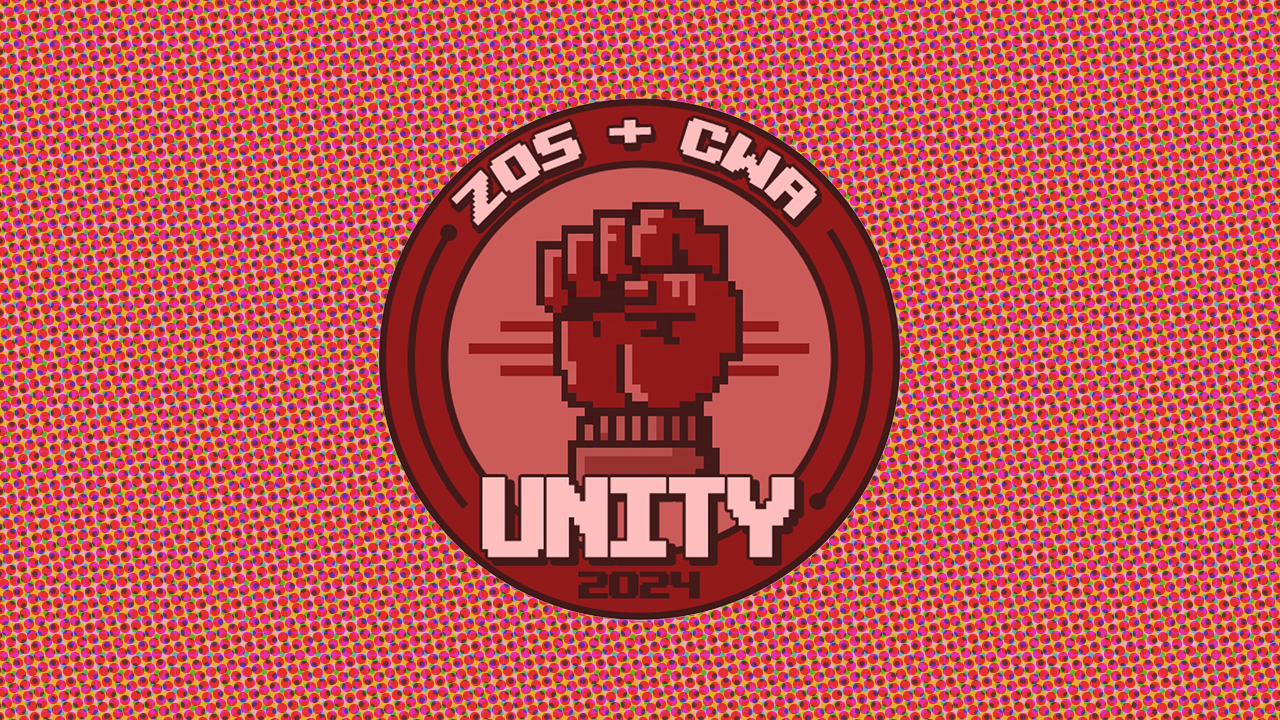Regional pricing in games distribution is still necessary – here is why | Opinion
Sign up for the GI Daily here to get the biggest news straight to your inbox When I head to my local supermarket in Amsterdam, the Netherlands, a pack of rice (one kilogram) will set you back anywhere between €1.79 ($2) and €4.99 ($5.50), while looking for an equivalent product in Argentina’s capital, starts at somewhere around 400 Pesos or $1. While I’m not an expert in commodities, or rice in particular, it is obvious that the regional price is somewhat adjusted, when taking into consideration disposable income as well as factors such as production cost, distribution cost, current demand and supply levels, and so on. In short: purchasing power parity. Read more


Sign up for the GI Daily here to get the biggest news straight to your inbox
When I head to my local supermarket in Amsterdam, the Netherlands, a pack of rice (one kilogram) will set you back anywhere between €1.79 ($2) and €4.99 ($5.50), while looking for an equivalent product in Argentina’s capital, starts at somewhere around 400 Pesos or $1.
While I’m not an expert in commodities, or rice in particular, it is obvious that the regional price is somewhat adjusted, when taking into consideration disposable income as well as factors such as production cost, distribution cost, current demand and supply levels, and so on. In short: purchasing power parity.
What's Your Reaction?

























































